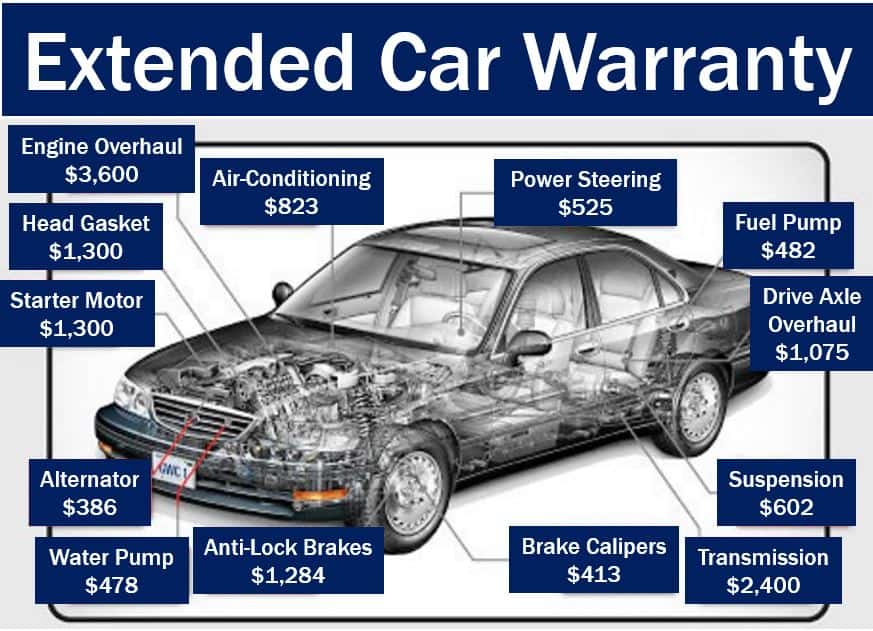A warranty is a written promise or guarantee, issued by the manufacturer, retailer, or distributor of a product or service pledging to replace or repair it if there is a fault or breakdown within a specified period.
It may also include a list of the rights and obligations of either party in case of a dispute or claim.
In contracting, warranties is either implied or expressed understandings that specific facts regarding a subject matter of a contract are true or will happen.
Warranties may be used in a wide variety of business situations. Often a company may voluntarily make a warranty.
Sometimes warranties are implied by the law where no express warranty is made.
The majority of warranties are made with respect to insurance, real estate, and the sales/leases of products and services.

As most warranties are limited, many sellers offer extended warranties. These are essentially insurance policies for goods that the purchaser pays in advance.
Extended warranties typically last a few years longer than than those issued by manufacturers. Their terms and conditions are also generally more lenient.
Warranty vs. guarantee
Explanations online vary considerably. Below are two points of view.
1. This explanation comes from Find Law:
If you are shopping for a new television, and one retailer guarantees its TV for 2 years, while another provides a 2-year warranty, do the two terms in these examples have the same meaning? The answer is: Yes – they mean the same.

A warranty provides a promise from the seller or manufacturer to the purchaser that the quality or life span of a good, and perhaps certain other conditions, will be met. If the good fails to meet the conditions of the warranty, it can usually be replaced, repaired, or returned.
If a seller guarantees a feature of a good, or even the consumer’s satisfaction with it, he or she is essentially making the same kind of promise. Which term to use is essentially a question of word choice.
2. In this explanation by Warranty Extender, the definitions are discussed in terms of purchasing a second-hand car:
A guarantee is a promise, provided by sellers when we purchase consumer goods, that the product will live up to expectations. If it doesn’t, consumers can ask for their money back or a replacement.
When selling a used car, it is impossible to offer a guarantee, because there are too many wear-and-tear items within it for this to be reasonable.
A warranty is similar to an insurance policy. Certain parts of the second-hand car can be under warranty (insured) at a set cost. If one of those car-parts fails, the extended car warranty will cover its replacement or repair, depending on the type of cover.
Warranty Extender adds:
“It’s also important to note that certain items are not covered by a warranty as they are considered “wear and tear” or service items. Parts such as brakes and brake pads, wiper blades and belts. These are service items that need to be inspected and replaced as part of a cars service plan.”
According to the Online Etymology Dictionary, the term ‘warranty’ first emerged in the British Isles in the middle of the fourteenth century. It was a legal term for various clauses in real estate transactions. It came from Anglo-French and Old North French Warantie, meaning ‘protection, safeguard, defense.’
